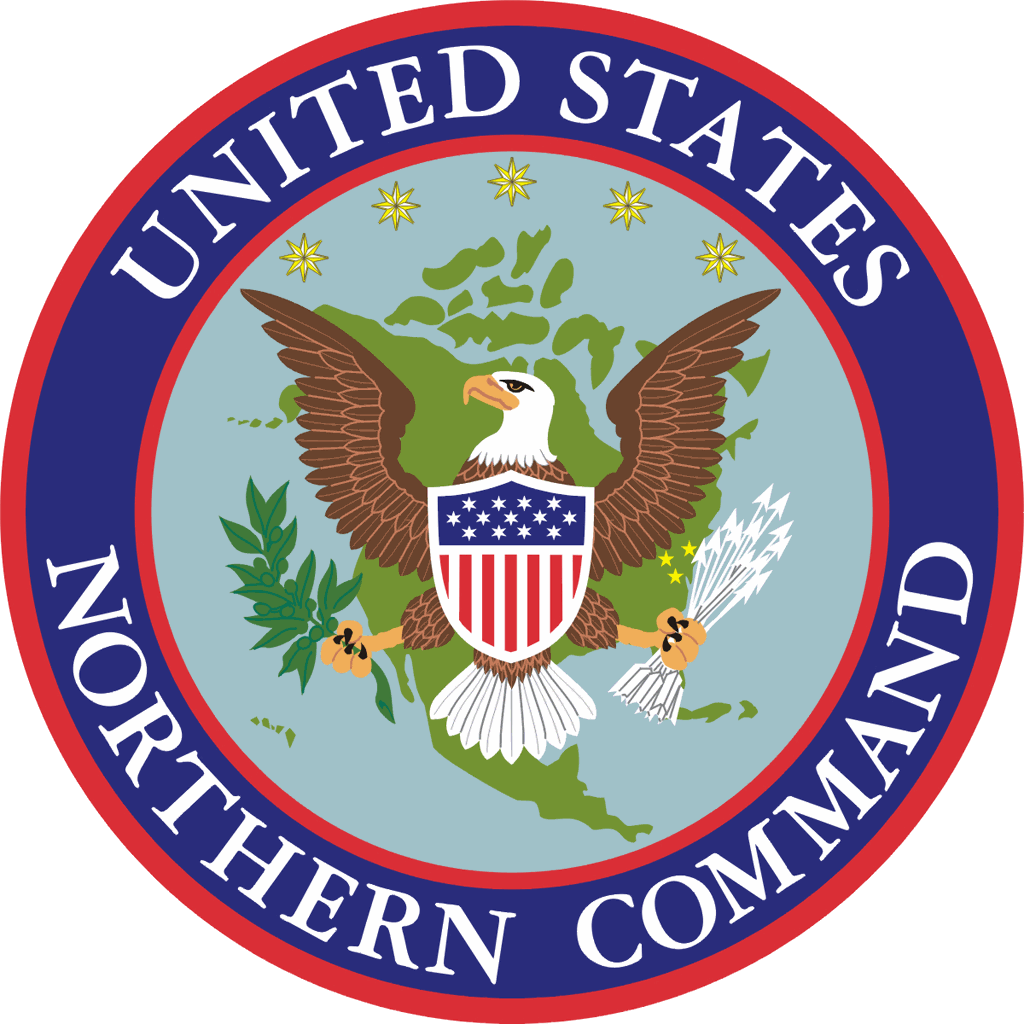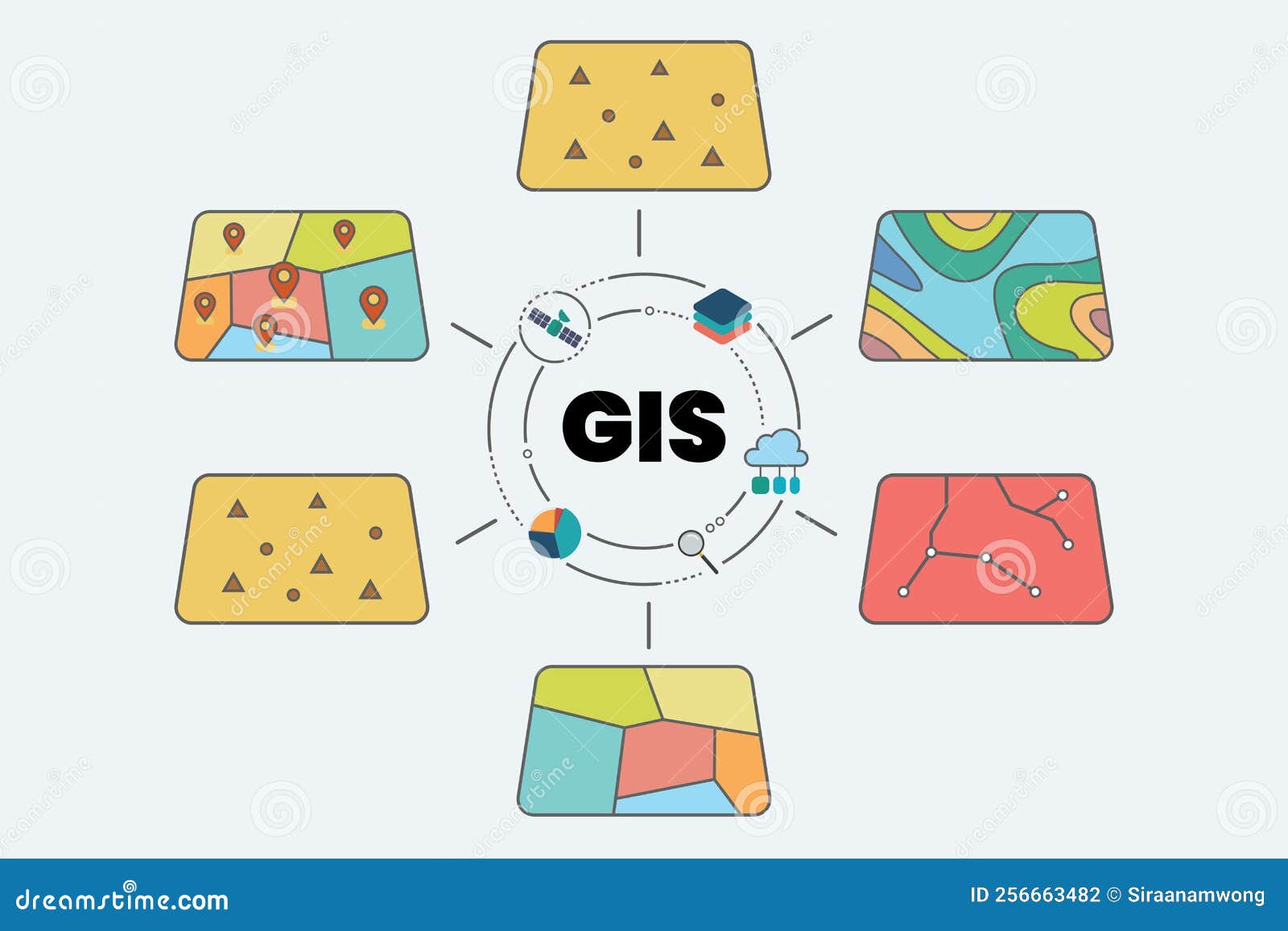Greenland Under US Northern Command: Analyzing The Pentagon's Proposal And Its Implications

Table of Contents
Strategic Importance of Greenland's Geographic Location
Greenland's unique geographical position offers unparalleled strategic advantages, making it a pivotal location in the Arctic region and a key factor in the "Greenland US Northern Command" debate.
Geopolitical Significance
Greenland's location provides significant geopolitical advantages:
- Control of Arctic Shipping Routes: Its proximity to major shipping lanes allows for the monitoring of Arctic sea traffic, crucial for global trade and national security. This is especially relevant given increasing Russian military activity in the Arctic.
- Enhanced Early Warning Systems: Establishing advanced radar and missile defense systems in Greenland would significantly enhance the continental US's early warning capabilities, bolstering national security against potential threats.
- Access to Arctic Resources: Greenland possesses significant natural resources, including rare earth minerals, vital for modern technologies. Securing access to these resources is a key aspect of the strategic importance of Greenland for both the US and other nations.
Military Base Expansion and Infrastructure
The proposed expansion involves modernizing existing infrastructure and potentially building new military bases. This includes:
- Increased US Military Personnel: A larger US military presence in Greenland would necessitate increased personnel deployment, impacting local communities and infrastructure.
- Modernization of Airfields and Communication Networks: Upgrading airfields and communication networks is critical for enhanced surveillance and rapid response capabilities. This is a significant component of the "Greenland US Northern Command" proposal.
- Establishment of a Permanent US Military Presence: The long-term goal may be the establishment of a permanent US military base, significantly altering the geopolitical landscape of the Arctic.
Economic Implications and Potential for Greenland
The US investment in Greenland's infrastructure and military development presents both opportunities and challenges for the Greenlandic economy.
Economic Benefits and Development
The proposal offers significant economic benefits for Greenland:
- Increased Revenue: The US investment would generate substantial revenue for the Greenlandic government through various contracts and agreements.
- Foreign Direct Investment: The influx of US funding could stimulate local industries and create new employment opportunities.
- Infrastructure Modernization: Modernizing Greenland's infrastructure would benefit its citizens beyond the military sphere, improving living standards and connectivity.
Concerns About Economic Dependence
However, over-reliance on US funding raises concerns:
- Economic Vulnerability: Becoming overly dependent on US financial aid could create economic vulnerabilities should the relationship change.
- Compromised Autonomy: Greenland's economic policies may be influenced by the US, potentially limiting its autonomy.
- Fair Economic Agreements: Ensuring fair and equitable economic agreements with the US is crucial to protect Greenland's interests. This requires careful negotiation and transparent agreements.
Environmental Concerns and Sustainability
Increased military activity raises significant environmental concerns in the fragile Arctic ecosystem.
Environmental Impact Assessment
A comprehensive environmental impact assessment is paramount:
- Pollution from Military Operations: Military activities could lead to pollution from fuel emissions, waste disposal, and other sources.
- Disruption of Wildlife Habitats: Construction and increased activity could disrupt wildlife habitats and migration patterns of vulnerable Arctic species.
- Impact on Inuit Culture: The proposal's impact on traditional Inuit ways of life, including hunting and fishing, must be carefully considered.
Sustainable Development Strategies
Balancing economic development with environmental protection is crucial:
- Green Technologies: Implementing green technologies and sustainable practices in all aspects of the project can minimize environmental impact.
- International Collaboration: International collaboration on Arctic environmental protection is crucial to ensure responsible development.
- Community Consultation: Meaningful consultation with Greenlandic communities is necessary to address concerns and incorporate local knowledge.
Geopolitical Ramifications and International Relations
The proposal's geopolitical implications extend beyond Greenland, affecting its relations with Denmark and other global powers.
Relationship with Denmark
The proposal requires careful consideration of the relationship between Greenland, Denmark, and the US:
- Maintaining Diplomatic Ties: Maintaining strong diplomatic ties between all three parties is essential for a successful outcome.
- Respecting Greenland's Sovereignty: Respecting Greenland's autonomy and sovereignty is paramount throughout the negotiation and implementation process.
- Transparency and Open Communication: Transparency and open communication are crucial to build trust and address potential concerns.
Reaction from Other Countries
The increased US military presence in the Arctic could impact relations with other Arctic nations:
- Potential Tensions with Russia and China: The proposal could increase tensions with Russia and China, increasing the need for de-escalation strategies.
- Multilateral Cooperation: Promoting multilateral cooperation within the Arctic Council and other international forums is crucial.
- Strengthening International Norms: Strengthening international norms and agreements regarding Arctic governance and environmental protection is vital.
Conclusion
The "Greenland US Northern Command" proposal presents complex challenges and opportunities. While offering potential economic benefits for Greenland and strengthening US national security, it necessitates careful consideration of economic dependence, environmental impacts, and geopolitical ramifications. Transparency, respectful dialogue, and a commitment to sustainable development are paramount to ensure a responsible and mutually beneficial outcome. Continued discussion and analysis of the "Greenland US Northern Command" proposal are vital for an informed public debate, leading to a future that balances strategic interests with the preservation of Greenland's unique environment and culture. Continue to engage with this crucial discussion and contribute to informed decision-making regarding the "Greenland US Northern Command."

Featured Posts
-
 West Ham United And The 25 Million Financial Challenge
May 10, 2025
West Ham United And The 25 Million Financial Challenge
May 10, 2025 -
 Unlocking The Real Safe Bet Minimizing Risk And Maximizing Returns
May 10, 2025
Unlocking The Real Safe Bet Minimizing Risk And Maximizing Returns
May 10, 2025 -
 Difficultes D Epicure A La Cite De La Gastronomie De Dijon Le Role De La Ville
May 10, 2025
Difficultes D Epicure A La Cite De La Gastronomie De Dijon Le Role De La Ville
May 10, 2025 -
 The Countrys Hottest New Business Locations A Geographic Analysis
May 10, 2025
The Countrys Hottest New Business Locations A Geographic Analysis
May 10, 2025 -
 Indian Stock Market Sensex And Nifty Performance Current Status
May 10, 2025
Indian Stock Market Sensex And Nifty Performance Current Status
May 10, 2025
